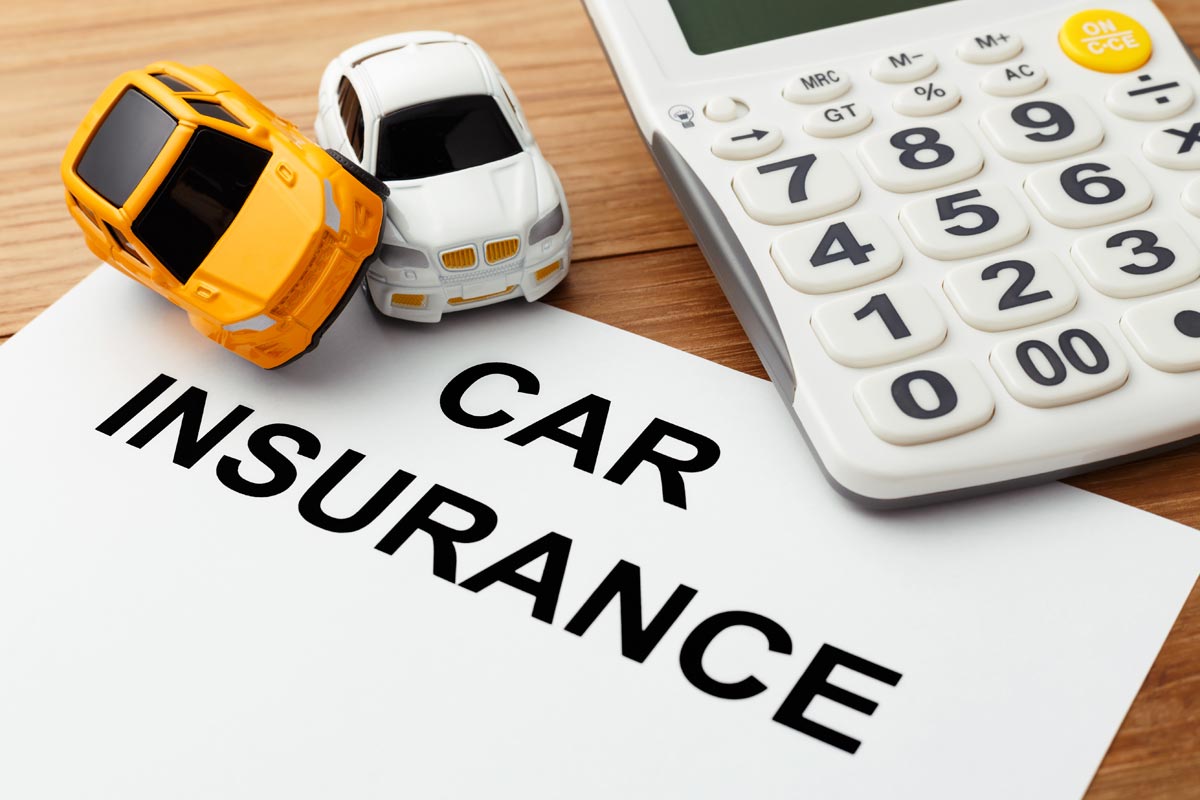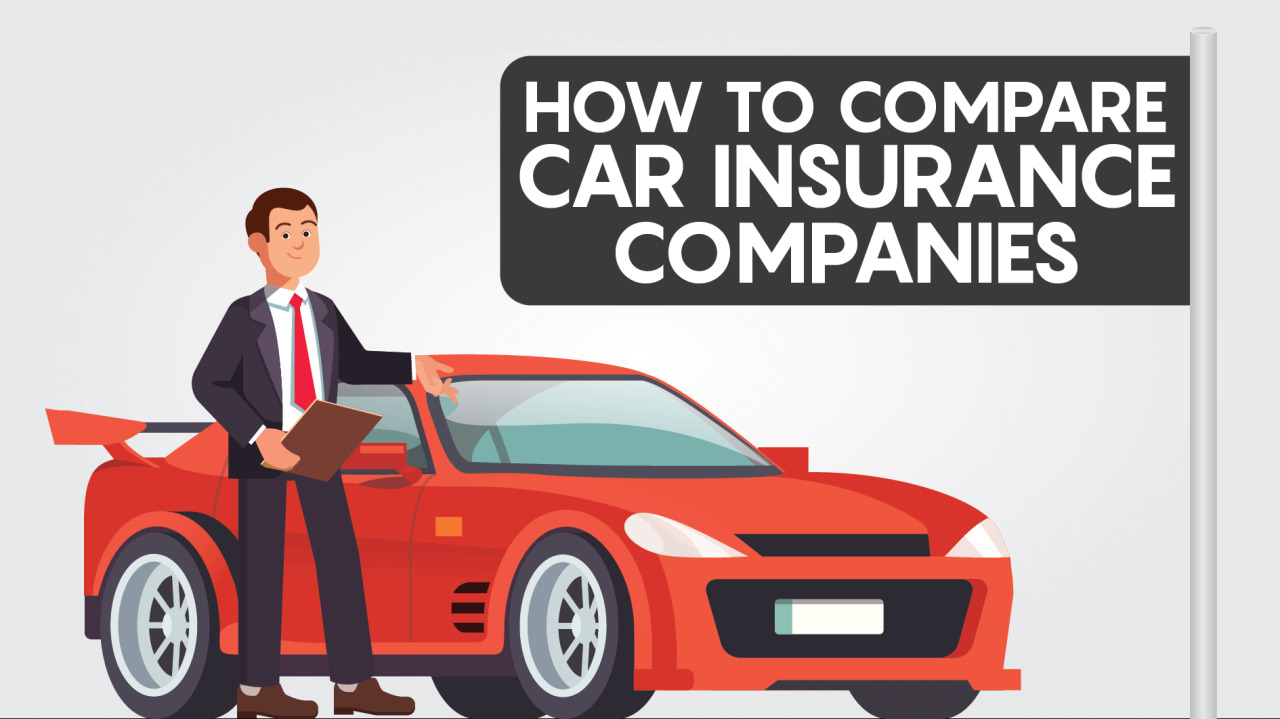Auto insurance quotes are the foundation of securing the right coverage for your vehicle. They’re more than just numbers; they’re a reflection of your driving history, vehicle, and location. Understanding how these quotes are calculated can empower you to make informed decisions and potentially save money.
This comprehensive guide will explore the intricacies of auto insurance quotes, from the factors that influence them to the strategies for securing the best deals. We’ll delve into the different coverage options, discounts, and tips for navigating the often-complex world of insurance.
Understanding Auto Insurance Quotes

Getting an auto insurance quote is the first step to protecting your vehicle and yourself financially. Understanding what factors influence your quote and how it’s calculated can help you make informed decisions about your coverage.
Factors Influencing Auto Insurance Quotes
Several factors determine the price of your auto insurance quote. These factors are assessed by insurance companies to determine your risk profile and ultimately calculate your premium.
- Your driving history: This includes your driving record, any accidents, traffic violations, or DUI convictions. A clean driving record typically leads to lower premiums.
- Your age and gender: Younger drivers, especially those under 25, are statistically more likely to be involved in accidents. Gender also plays a role, with men generally paying higher premiums than women.
- Your vehicle: The make, model, year, and safety features of your vehicle all influence your premium. Luxury cars, sports cars, and vehicles with advanced safety features tend to be more expensive to insure.
- Your location: Insurance premiums vary based on your geographic location. Areas with higher crime rates, traffic congestion, or more severe weather events generally have higher insurance costs.
- Your coverage: The type and amount of coverage you choose directly impacts your premium. Comprehensive and collision coverage, which protects you from damage to your vehicle, are typically more expensive than liability coverage, which protects you from financial losses due to accidents you cause.
- Your credit score: In some states, insurance companies can use your credit score to assess your risk. A higher credit score generally leads to lower premiums.
Components of an Auto Insurance Quote
Auto insurance quotes are comprised of several components, each contributing to the overall cost of your policy.
- Premium: This is the base cost of your insurance policy, calculated based on your risk profile and the factors mentioned above.
- Deductible: This is the amount you pay out of pocket for repairs or replacements before your insurance coverage kicks in. A higher deductible typically leads to a lower premium.
- Coverage limits: These are the maximum amounts your insurance company will pay for specific types of claims. Higher coverage limits generally lead to higher premiums.
Comparing Auto Insurance Quotes
It is essential to compare quotes from multiple insurance companies to ensure you are getting the best possible rate. Different insurers use varying algorithms and consider different factors when calculating quotes.
- Use online comparison tools: Many websites allow you to enter your information once and receive quotes from multiple insurers.
- Contact insurers directly: You can also call or visit insurance companies directly to obtain quotes and ask specific questions about their policies.
- Review the fine print: Carefully read the policy documents and understand the terms and conditions before making a decision.
Getting Started with a Quote

Before diving into the specifics of an auto insurance quote, it’s crucial to gather the necessary information to ensure you receive the most accurate and relevant coverage options.
Getting a quote is the first step in the auto insurance process. It’s a quick and easy way to compare rates from different insurance companies and find the best policy for your needs. There are several ways to get a quote: online, over the phone, or in person.
Obtaining a Quote
- Online: Most insurance companies have websites where you can get a quote in minutes. Simply enter your basic information, such as your name, address, and driving history. You can also use online comparison websites, which allow you to get quotes from multiple companies at once.
- Over the Phone: Call an insurance company directly and speak with an agent. This allows you to ask questions and get personalized advice. Be prepared to provide the same information as you would online.
- In Person: Visit an insurance agent’s office to get a quote in person. This allows you to have a face-to-face conversation and discuss your specific needs. You can also get personalized advice and ask questions.
Essential Information
- Personal Information: Your name, address, date of birth, and contact information are essential for creating your policy and contacting you about updates or changes.
- Vehicle Information: This includes the make, model, year, and VIN (Vehicle Identification Number) of your vehicle. It also includes any modifications or aftermarket parts that could affect the value of your vehicle or its insurance coverage.
- Driving History: Your driving record, including any accidents, violations, or suspensions, will significantly impact your insurance premiums. Be prepared to provide details about your driving history, including any accidents, violations, or suspensions.
- Coverage Preferences: This includes the types of coverage you need, such as liability, collision, comprehensive, and uninsured motorist coverage. You should also consider your preferred coverage limits and deductibles.
- Other Factors: Additional factors that can influence your quote include your credit score, driving history, and the location where you live. Be prepared to provide information about these factors as well.
Future Trends in Auto Insurance
The auto insurance industry is constantly evolving, driven by technological advancements, changing consumer preferences, and new regulations. This dynamic landscape presents both challenges and opportunities for insurers. Understanding these emerging trends can help you make informed decisions about your auto insurance coverage.
Impact of Autonomous Vehicles
The advent of autonomous vehicles (AVs) is poised to revolutionize the auto insurance industry. AVs are expected to significantly reduce the number of accidents, leading to lower insurance premiums for drivers. However, the legal and insurance implications of AVs are still being debated. For example, who will be held liable in case of an accident involving an AV – the manufacturer, the driver, or the software developer? These questions need to be addressed before AVs become widely adopted.
Closure

In conclusion, obtaining an auto insurance quote is a crucial step in protecting yourself and your vehicle. By understanding the factors that affect your quote, comparing different insurers, and leveraging available discounts, you can ensure you’re getting the best possible coverage at a competitive price. Remember, knowledge is power, and armed with the right information, you can navigate the world of auto insurance with confidence.
Getting an auto insurance quote can be a bit overwhelming, but it’s essential to find the right coverage for your needs. While you’re navigating through all the options, you might find yourself thinking about other tasks, like programming your RCA universal remote for your new smart TV.
Once you’ve sorted out your insurance, you can relax and enjoy your entertainment setup.